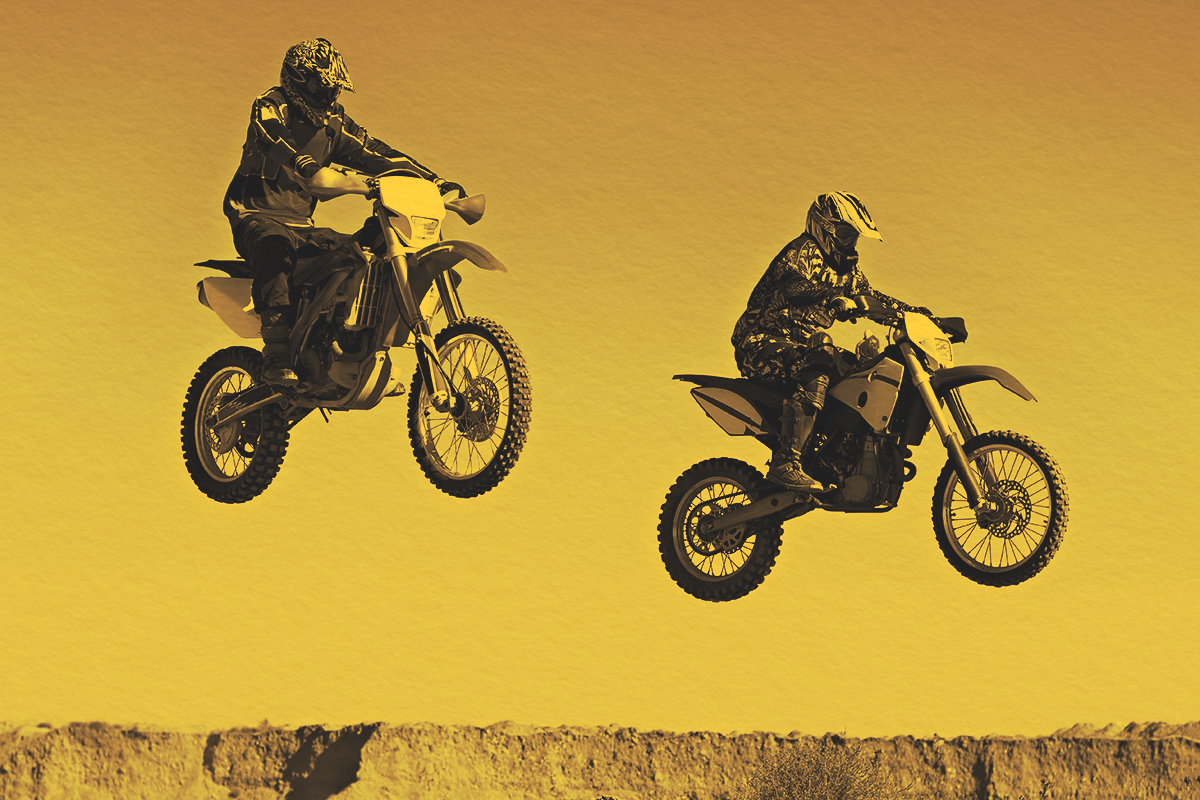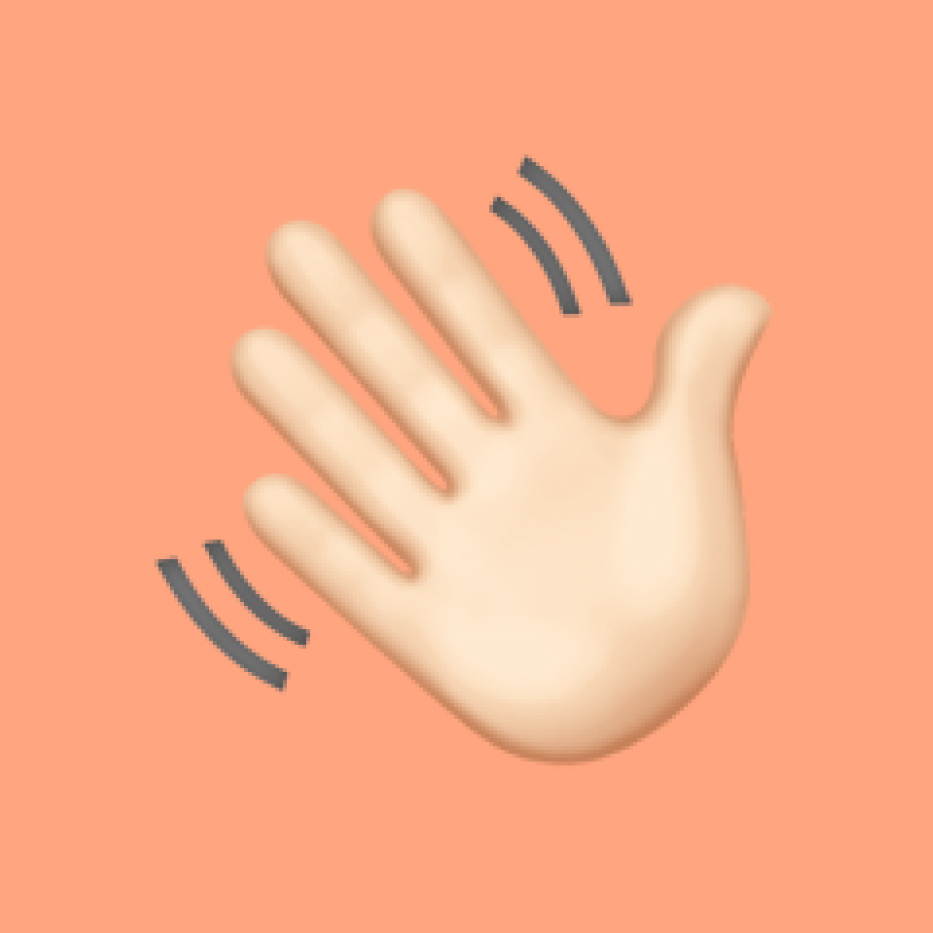Why do we call someone who takes risks a daredevil? | | Daredevils (stuntmen, thrill seekers, and swashbucklers) have been called many things, but they surely aren't evil. Where did this compound word come from? | |  | Rachel Gresh |
|
| |  | | T he year was 1966, and a soon-to-be-famous Evel Knievel had a plan to drum up business for his motorcycle shop in Moses Lake, Washington: He'd jump his motorcycle over 40 parked cars, some rattlesnakes, and a caged cougar. He didn't quite make the jump — he landed in the pile of rattlesnakes — but somehow he escaped unscathed, and a star was born. Most called him crazy, some called him a genius, but everyone called him a "daredevil."
Renowned daredevil Evel Knievel lived up to the title. When used as a noun, a daredevil is a "recklessly bold person," and when used as an adjective, "daredevil" describes the "recklessly and often ostentatiously daring." "Daredevil" first appeared in English in the late 18th century, in the writings of English poet and satirist John Wolcot. The term spread quickly, likely due to the popularity of circus performers. In the burgeoning industrial world, entertainment-based daredevils were more popular than ever, whether walking on high wires, jumping bicycles through flaming hoops, or going over Niagara Falls in barrels. However, circus performers and thrill seekers aren't devilish or sinister, so why is the word "devil" used in this fashion?
Etymologists say it isn't about labeling the person a devil, but "one who dares the devil." A similar word formation is seen in "scarecrow." The field-dwelling decoy isn't a bird, but it scares birds away. In other words, it's "one who scares crows." "Pickpocket" was formed this way, too, as in "one who picks pockets," or someone who steals. So, the masses weren't calling daredevil Evel Knievel evil. Although, Robert Knievel did legally change his first name to "Evel," so we doubt he'd mind the sinister connotation. |
| | Continue reading | |  |
| |
| | Thanks for supporting our sponsors! They help keep Word Smarts free for everyone. | |
Emoji Decoded | |  | | Waving Hand Sign | | | Meaning: Depicts a hand waving, commonly used as a friendly greeting or goodbye gesture.
Evolution: While initially used for a simple "hello" or "goodbye," the 👋 emoji now has nuanced digital meanings. It can grab attention at the start of a conversation, indicate someone is leaving a conversation, sarcastically "wave away" a comment, or serve as an indicator of a "soft block" as the sender waves away followers.
Usage: [Text to a friend asking for advice:] Remember, NO. is a complete sentence 👋 |
|
 | | Waving Hand Sign | | | Meaning: Depicts a hand waving, commonly used as a friendly greeting or goodbye gesture.
Evolution: While initially used for a simple "hello" or "goodbye," the 👋 emoji now has nuanced digital meanings. It can grab attention at the start of a conversation, indicate someone is leaving a conversation, sarcastically "wave away" a comment, or serve as an indicator of a "soft block" as the sender waves away followers.
Usage: [Text to a friend asking for advice:] Remember, NO. is a complete sentence 👋 |
|
| |
Have you read? | |  | | The Unidentified | | By Colin Dickey | | This book is a well-researched journey into the world of cryptids, UFOs, and more for those of us who love all things "The X Files" and "Unsolved Mysteries." It's a read that will satisfy both the Mulders and the Scullys among us. | | | | Shea Newton, Principal Engineer | | | | We independently evaluate all recommended products and services. If you click on links we provide, we may receive compensation. |
|
 | | The Unidentified | | By Colin Dickey | | This book is a well-researched journey into the world of cryptids, UFOs, and more for those of us who love all things "The X Files" and "Unsolved Mysteries." It's a read that will satisfy both the Mulders and the Scullys among us. | | | | Shea Newton, Principal Engineer | | | | We independently evaluate all recommended products and services. If you click on links we provide, we may receive compensation. |
|
| |
|

No comments:
Post a Comment